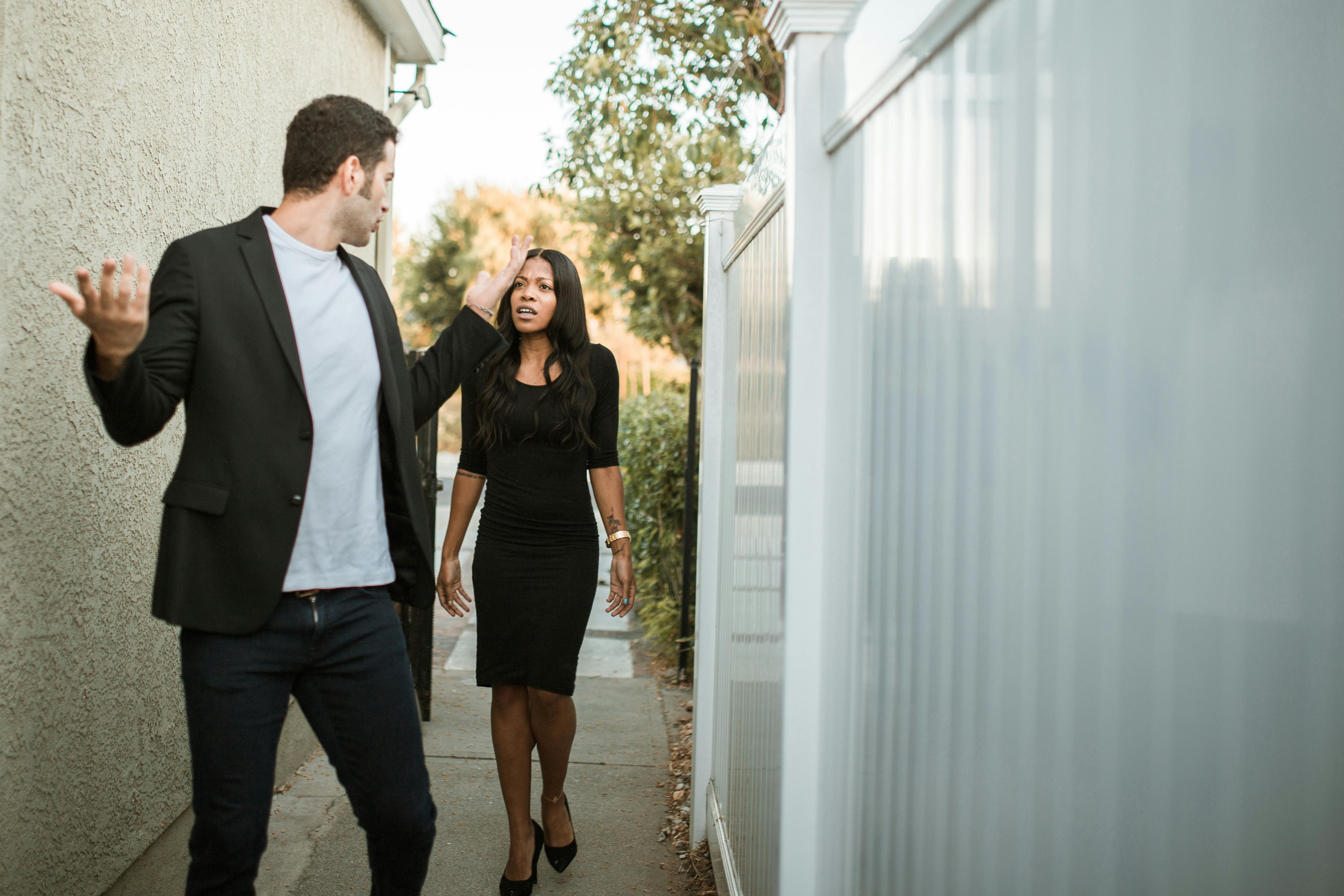
Do families play a role in building peace?
Children in Uganda have been the most marginalized with child-friendly health services only limited to referral hospitals. In other parts of the country, children share health facilities and services with adults, an indiscriminate health administration, but special care for them was paramount. Direct, structural and institutionalized violence also takes the lives and morality of children. Domestic violence not only takes the life of one of the parents, but it is also psychological violence -in addition to the worst thing that a human being can experience- which, now, becomes a matter for children to deal with or a shared experience when watch parents fight.
Cultural environment -which is discriminatory based on gender; it never recognizes children’s rights – and women’s reproductive health rights have proven to be a huge and staggering social cost – including the spread of HIV and underdevelopment. It becomes a way of life that stifles the rights of women and children as men behave as they want as suggested by their cultures.
The economic environment disables the ability of parents to continue their children’s education, or does not even allow it, but it is through early childhood education that the future of a community with productive citizenship is ensured. The cycle continues from when children drop out of school and choose to marry or succumb to a misguided and ill-timed decision to conceive, then the burden becomes a commodity handed down from one generation to the next, turning the conversation around the rights of the child in a dream.
Now, that way of life is the one that begins to dictate the quality of life of children, the level of attachment, where insecurities and future behavior problems begin, irresponsible parenting, reckless and risky behaviors of parents when they children observe, low or no health. seeking since there will be no money and ultimately no motivation to adopt a healthy lifestyle -even when health guidelines are issued- which in turn affects children’s health, leads to broken family situations or marital relationships broken – and as the saying goes, “if elephants fight, it is the grass that suffers”, the consequences of the broken family situation affect children more, since all the anger is projected onto them in the form of abuse and abandonment.
And in an attempt to break out of poverty traps using highly respected traditional or cultural remedy systems, children are still easy targets as (lifeless) commodities to offer to the gods. These are innocent children: why all that? What about the plight of children in the once war-torn areas of northern and northeastern Uganda? What about those affected by the annual floods and, in recent years, landslides? Does our child health scope cover that? It is for such reasons that families and communities face responsibility in a child’s adolescence or youth. We will not have a moral fabric in society, violent free generations because society simply ignores the root causes of structural violence – whose origin is the quality of childcare from conception. And who should save the children of Uganda?